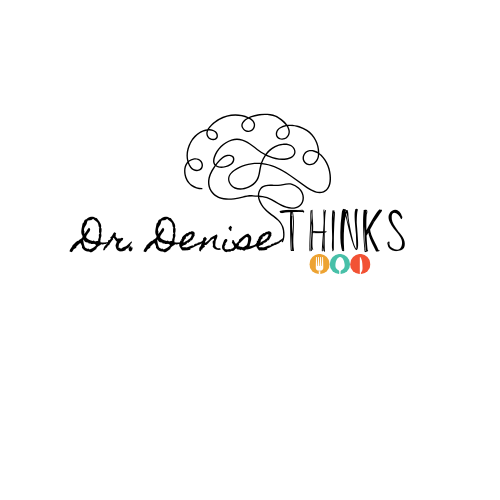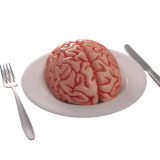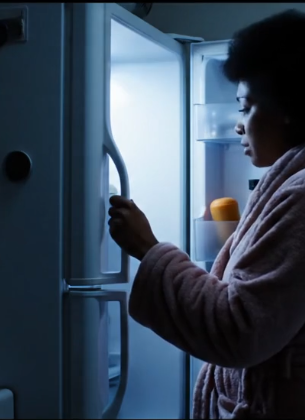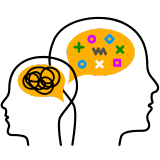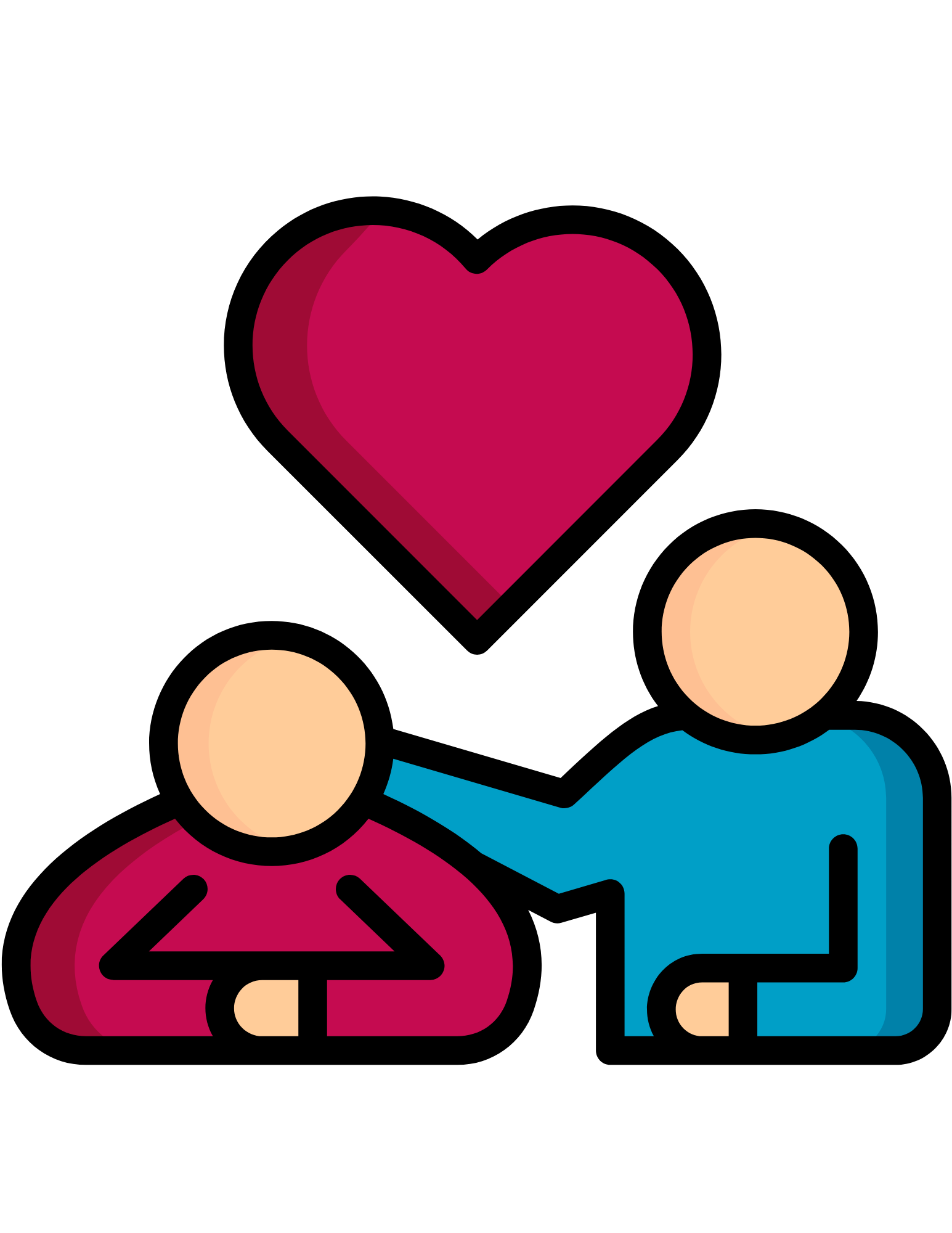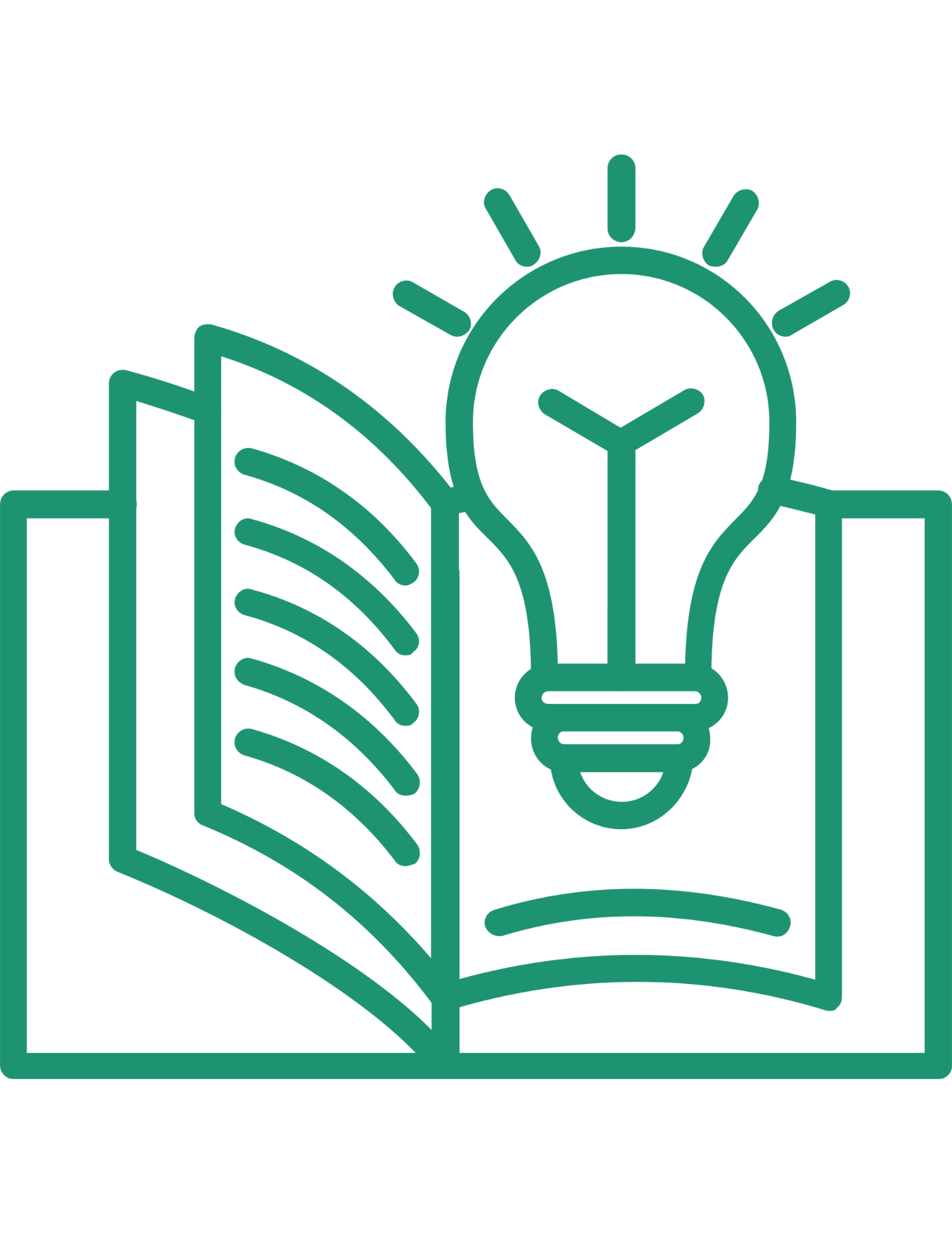Latest Posts
Breaking the Silence of Stress Eating
Why silence, stuffing, and stress don’t mix—and what to do instead.
Ok, so boom...
Stress eating isn’t just about food.
It’s about silence.
The kind you were taught to keep.
The kind that says “Don’t cry,” “Don’t complain,” “Don’t need too much.”
So, you didn’t.
You didn’t talk about the pressure.
You didn’t name the sadness.
You didn’t process the anger.
You just ate. Or drank. Or worked. Or shopped. Or scrolled.
Because numbing was easier than naming.
But at some point, numbing stops working.
You don’t feel better. You just feel heavier. Foggy. Frustrated. Stuck.
And the problem is still sitting there—underneath the snacks.
So, let’s be real:
Most people weren’t taught emotional regulation.
They were taught suppression.
So food became the most accessible therapist.
• It didn’t judge.
• It didn’t ask questions.
• It gave comfort—on demand.
But healing means we have to stop eating our feelings and start feeling our feelings.
So, what do we do instead?
We break the silence.
We bring language to the swirl of emotions.
We use food for nourishment—not emotional escape.
Here's where to begin:
New Tools to Replace Numbing
1. The Feel & Feed Pause
Before the bite, pause. Ask:
-
“Am I physically hungry?”
-
“Or am I trying to silence something inside me?”
If it’s emotional hunger, feel it.
Say it out loud. Write it down. Breathe through it. THEN decide what to do.
2. The 5-Minute Truth Dump
Grab your phone or journal.
Set a timer for 5 minutes.
Dump every thought, emotion, or frustration swirling around.
No filter. No punctuation needed. Just release.
3. The Body Switch
Feel the urge to munch mindlessly?
Move your body instead. Stretch. Walk. Dance. Shake.
Move the energy through you—not into your plate.
4. The Grace Check-In
Replace judgment with curiosity.
Instead of “What’s wrong with me?” ask:
-
“What do I really need right now?”
-
“What would feel supportive—not sabotaging?”
Final Bite:
Sometimes, the deepest hunger isn’t in your stomach—it’s in your heart.
Don’t silence it with snacks. ...and consider not talking to your friends about it (for once).
Listen. Honor it.
And feed it with what it actually needs: comfort, connection, and care.
Because breaking the silence isn’t weakness—it’s how you reclaim your power.
Your Brain Believes What You Feed It
Visualize Before You Victimize Yourself
Here’s a truth most people don’t know:
Your brain can’t tell the difference between what’s real… and what you imagine.
That’s wild, right?
Whether you actually experience something—or you just imagine it vividly—your body often responds the same way. Stress hormones get released. Your heart races. Your muscles tense. It’s like your brain hits “play” on a mental movie, and your body becomes the main character… whether the script is fact or fiction.
So what happens when you’re constantly imagining the worst?
You start feeling the worst.
You eat from fear.
You spiral into shame.
You rehearse failure in your mind, so your body follows.
This is how emotional eating starts before you even open the fridge.
Visualization Is Not “Woo-Woo.” It’s Science.
Research in neuroscience and psychology has shown that visualization can:
-
Strengthen neural pathways
-
Activate brain regions tied to motivation and habit change
-
Help shift identity and self-concept
This means when you visualize yourself making aligned choices, you’re training your brain to see those behaviors as normal—not foreign. You’re literally helping your brain rehearse the person you’re becoming.
Athletes do it. Public speakers do it.
And now, you’re going to do it… for your healing journey.
Here’s Your Reframe
Instead of asking:
“Why do I always mess up?”
Try asking:
“What does the best version of me choose right now?”
Hold that vision.
Feed it daily.
And watch your reality shift to meet the new standard.
So Tell Me…
👉🏾 What vision are you holding for your health this season?
Say it out loud. Write it on your mirror.
Just make sure your brain sees it—before it believes something else.
Let’s start feeding it power.
— Dr. Denise THINKS
🧠 You’ve Been on Autopilot — Until Now
Have you ever walked into the kitchen, opened the fridge, and stared into it like it owed you answers?
Not because you were hungry—but because you were bored. Or tired. Or triggered.
That, my friend, is autopilot.
We don’t just eat out of habit—we live out of habit.
We scroll the same apps, reach for the same snacks, tell ourselves the same stories:
“I’ve tried everything.”
“I just don’t have the discipline.”
“It’s too late to change.”
But what if I told you… that’s not you talking.
That’s your programming.
Your Body’s Been Listening… Even When You’re Not
From the moment you were born, you’ve been absorbing cues about what to eat, how to cope, and what love feels like.
🍬 Grandma gave you sweets when you were sad.
🍗 Sundays meant soul food and second helpings.
🍷 A rough day? Pour a glass and keep it pushing.
None of it was random. Your current habits are simply the echo of thousands of repetitions—some cultural, some emotional, some straight-up survival. That’s why willpower alone will never win.
If you don’t pause to reprogram, you’ll keep repeating.
Autopilot Is Comfortable… Until It’s Costly
Let’s be real—autopilot feels safe. Predictable. Familiar.
But while you’re cruising, these silent side effects creep in:
-
That mental fog after heavy meals
-
The regret after stress-snacking again
-
The low energy that no vitamin can fix
-
The silent shame of feeling out of control
And then we judge ourselves. Shame ourselves.
We say, “I should know better.”
But that’s like blaming the GPS when you never entered a new destination.
Time to Take the Wheel
This is your wake-up week.
We’re not changing your whole diet right now.
We’re changing the driver.
- You’re switching from unconscious reactions → to conscious choices
- You’re noticing your environment, your emotions, your triggers
- You’re observing without judgment
Because you can’t change what you’re not aware of.
💡 Think On This…
If your habits were shaped by repetition and environment,
then guess what?
You can reshape them—with awareness and intention.
The “old you” was built automatically.
The “new you” will be built deliberately.
And it all starts… right here.
📣 Next Steps:
✔️ This week, observe your food habits without shame
✔️ Start your hydration goal: 64–84 oz spring water daily (add key lime/lemon juice - 2-3 tbsp per 8oz!)
✔️ Practice your 4–3–6 alkaline breaths 3x/day
✔️ Take 1–2 tbsp of sea moss (try it in juice or applesauce)
Let’s break the cycle, not just the habit.
You ready-ready?
🧠 Dr. Denise THINKS
The Lesson Became the Lifestyle
You made it!
21 Days of reflecting, rewiring, reimagining, and reclaiming your power.
And if you're still here? That means something shifted.
You’ve practiced:
-
Thinking on purpose
-
Eating with intention
-
Listening to your future self
-
Giving yourself grace
-
Releasing shame
-
And redefining wisdom — on your terms
So now the real question is…
What does it look like to keep this wisdom on your plate — every single day?
The Wisdom Isn’t in the Win — It’s in the Walk
We often wait for external proof to feel proud:
“Let me see results first.”
“Let me lose the weight.”
“Let me get consistent before I celebrate.”
But the truth is:
You’re already walking differently.
You think differently.
You pause before reacting.
You feel more aware — and that awareness is wisdom.
Now it’s time to walk in it like it’s yours.
Legacy Living Starts With 3 Questions:
-
What have I proven to myself over the last 21 days?
-
What tools or truths will I carry forward — no matter what?
-
How will I lead myself through the next challenge using what I’ve learned?
Because that’s what legacy is.
It’s not about perfection — it’s about patterns that last.
Final Thought:
Your healing doesn’t have to be loud anymore.
You’ve done the work. You’ve earned the clarity.
Now all that’s left… is to live it.
Keep the wisdom.
Keep the rhythm.
Keep becoming.
More To Read
Why Empathy Is the Real Superpower (and What It Has to Do With Your Plate)
By now, you’ve probably realized this isn’t just a habit challenge.
This is a mindset reset.
And one of the most underrated forms of wisdom?
Empathy.
Not just being “nice.” Not just being “understanding.”
But really feeling what someone else is going through — because you’ve been there too.
From Judgment to Wisdom
You ever judge someone for what they eat… until you catch yourself doing the same thing?
You ever get frustrated with a loved one for not “getting it”… then realize you were in their exact shoes just a year ago?
That’s empathy trying to break through.
And when it does, it creates space for:
-
Less shame
-
Less criticism
-
More compassion
-
And way more growth
Because wisdom doesn’t just come from your experience —
It comes from recognizing how your pain connects you to others.
Food Is Emotional — So Is Healing
Most people aren’t just eating because they’re hungry.
They’re eating because they’re:
-
Lonely
-
Overwhelmed
-
Unseen
-
Or emotionally disconnected
Empathy is what helps you understand your own cravings without shaming them.
It’s what allows you to see someone else’s journey and say,
“I’ve been there… and I know you can get through it too.”
Empathy ≠ Enabling
Let’s be clear:
Empathy isn’t about making excuses.
It’s about creating understanding without abandoning accountability.
You can have grace for yourself and still hold the line.
You can forgive the setback and still commit to the reset.
That’s what wisdom looks like.
Practice for Today:
-
Reflect on a time you judged yourself harshly for “failing” with food or health.
Ask: What would I say to someone else in that exact situation? -
Then say those same words to yourself.
Next, think of someone in your life who’s struggling with food, wellness, or mindset.
Ask yourself:
-
What would it look like to show them empathy without enabling the pattern?
Final Thought:
Empathy doesn’t make you weak.
It makes you wise.
Because people don’t change from pressure alone — they change from being seen, felt, and supported.
And that starts with how you talk to you.
You’re so close to Day 21! Let’s finish strong. 💥
Wisdom in the Wounds: Turning Your Experiences Into Insight
We often think wisdom is something you learn from books, mentors, or spiritual gurus.
But some of the wisest people you'll ever meet?
Are the ones who’ve been through some things.
Heartbreak.
Health scares.
Shame around food.
Loss of control.
Repeated “I’ll start Monday” cycles.
My PhD doesn't make me an expert in this area. I'm an expert because I've gone through all this myself and I finally chose to dig deeper! Ok, back to regularly scheduled programming.
“Experience is the most honest teacher — because it doesn’t care if you’re ready or not.”
The question isn’t whether you’ve had hard moments.
The real question is:
What did those moments teach you?
Experience as Mirror, Not a Cage
It’s easy to get stuck replaying your past like a broken record:
-
“I’ve always struggled with food.”
-
“I’ve never been consistent.”
-
“This is just how I was raised.”
But what if your experiences weren’t meant to trap you…
but to train you?
To show you where your patterns live.
To reveal what triggers you.
To teach you how to bounce back.
Wisdom doesn’t come from avoiding pain.
It comes from processing it with purpose.
A New Practice: Pulling Wisdom from Your Story
Try this today:
-
Pick one moment in your food or health journey that left a mark.
(Ex: a failed diet, a triggering comment, a relapse moment) -
Ask:
-
What was I feeling?
-
What belief was driving that choice?
-
What could I learn from that now — without shame?
-
Then take one action today that honors the lesson, not the wound.
Final Thought
You are not broken.
You are becoming wise.
And wisdom means letting your experiences build you, not bury you.
Let’s stop running from the past — and start mining it for gold.
